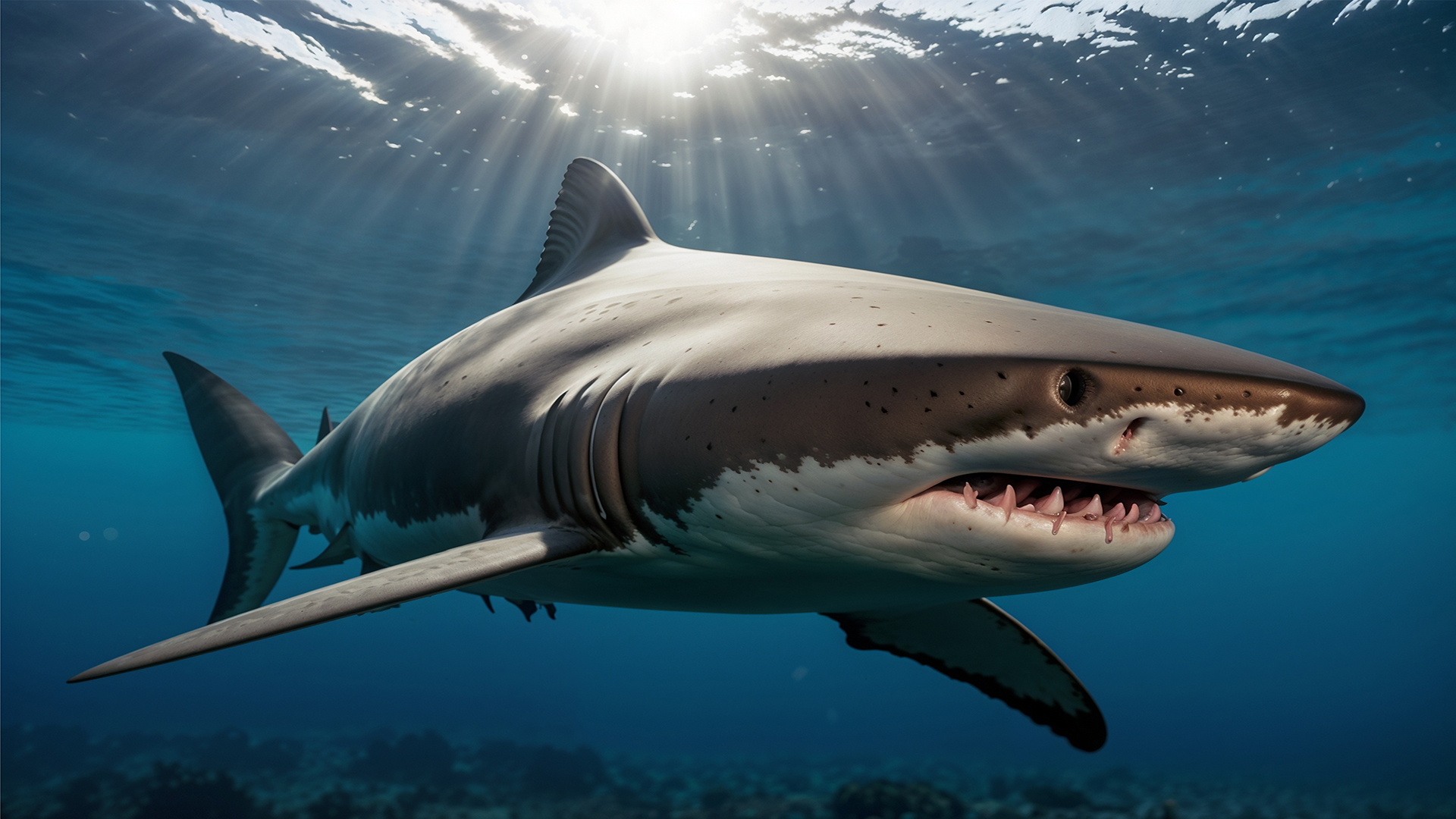Sharks have long been the stars (and villains) of blockbuster movies and viral clickbait headlines, often portrayed as terrifying, unstoppable predators with an insatiable hunger for unsuspecting swimmers.
Take for example the iconic film Jaws, or dramatic stories of beachside encounters. They prove that sharks have been unfairly labeled as nature’s villains. Just ask yourself how much of what we hear is grounded in truth, and how much has been amplified for shock value?
To be fair and square with you, sharks are actually some of the most misunderstood creatures in our oceans. With over 400 million years of evolutionary success under their fins, they’ve been perfecting their role as apex predators longer than dinosaurs roamed the Earth.
Far from being the ruthless monsters we often see on screen, they are vital for keeping marine ecosystems balanced, preventing prey species from overpopulating, and even contributing to healthier coral reefs!
Sharks are far more fascinating and complex than they’re given credit for. Some species are gentle giants who feed exclusively on microscopic plankton, while others have evolved astonishing senses to detect prey with pinpoint accuracy! Amazing!
It’s time to set the record straight. In this article, I’ll dive deep (pun intended!) into some of the most common shark myths, busting the fears and misinformation wide open. By the end, you might just gain a newfound respect for these magnificent animals!
1. Sharks Are Human Hunters
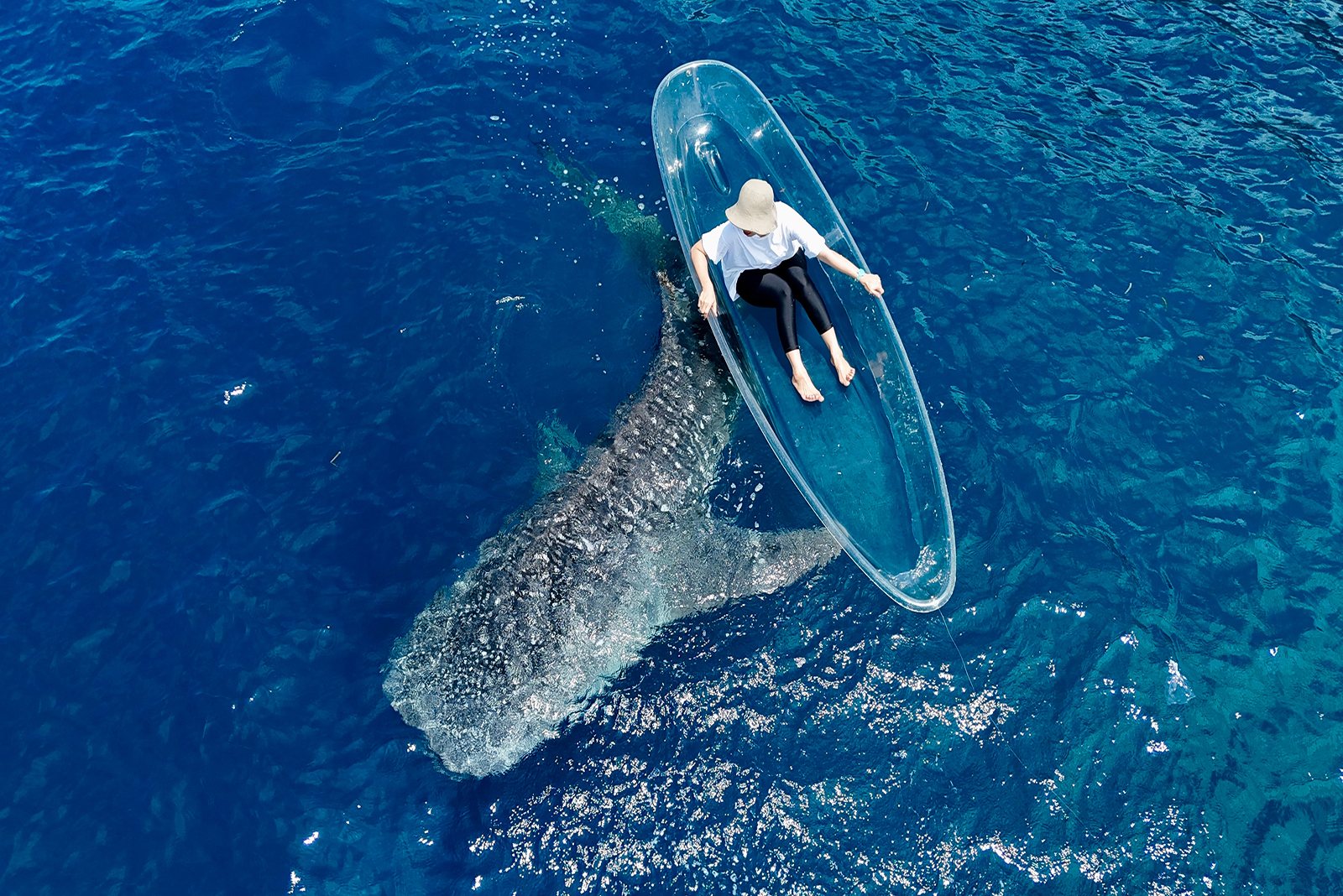
Oh goodness, this myth. The silly idea that sharks actively look for humans to munch couldn’t be further from reality. Sharks don’t naturally view humans as food, and the vast majority of shark-related incidents occur due to mistaken identity!
For example, when a surfer paddles on a board, the silhouette from below can resemble that of a seal or injured marine animal, both of which are part of a shark’s regular menu!
When a shark bites a human, it is often an exploratory bite, as their taste buds allow them to determine whether something is prey or not. Once they realize it’s not their typical food source, they tend to retreat rather than continue attacking.
Statistically, the risk is incredibly minimal, actually. You are more likely to be struck by lightning or injured by a falling coconut than suffer a shark attack. In fact, fewer than 100 unprovoked shark bites occur worldwide annually, compared to the millions of human interactions with oceans every year.
Sharks simply aren’t the villains they’ve been made out to be. It’s as simple as that.
2. All Sharks Are Dangerous
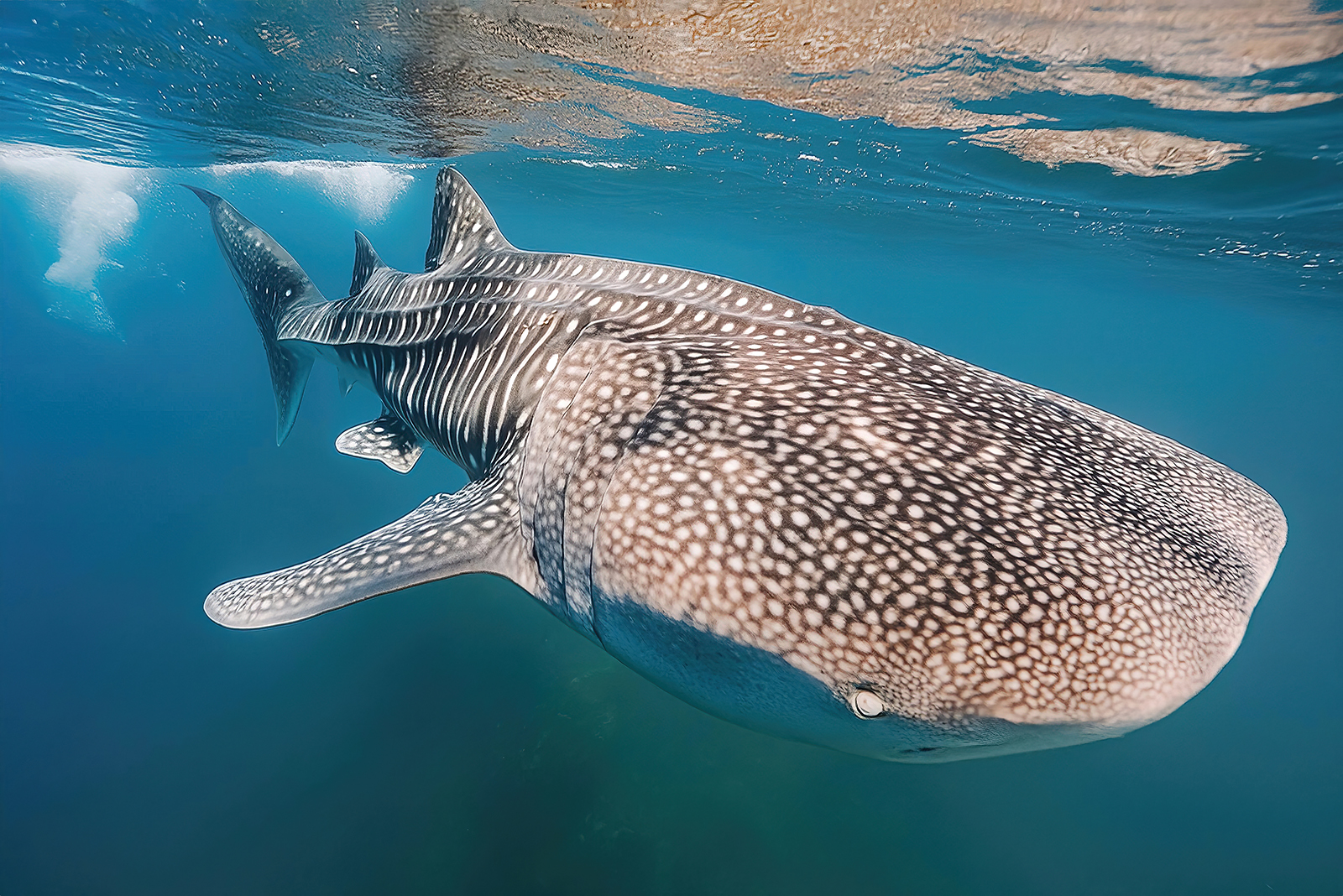
Out of the more than 500 known shark species swimming in our oceans today, only a small handful have ever been involved in human attacks. The great white shark, tiger shark, and bull shark are the most commonly cited when it comes to unprovoked incidents.
Even in those cases, most attacks stem from curiosity or mistaken identity rather than aggression. The majority of shark species, however, pose no threat to humans whatsoever. For instance, the massive whale shark, which can grow over 40 feet long, feeds only on plankton, tiny fish, and microscopic organisms!
Similarly, basking sharks and megamouth sharks also filter-feed, completely uninterested in larger prey. Many sharks, including small species like the bamboo shark and epaulette shark, are timid bottom-dwellers that spend their lives searching for crustaceans and mollusks.
So, while Hollywood might portray sharks as universal threats, the reality is that most sharks would rather avoid humans altogether! Total introverts when it comes to us. Can’t blame them, to be honest!
3. Sharks Need To Keep Moving To Stay Alive
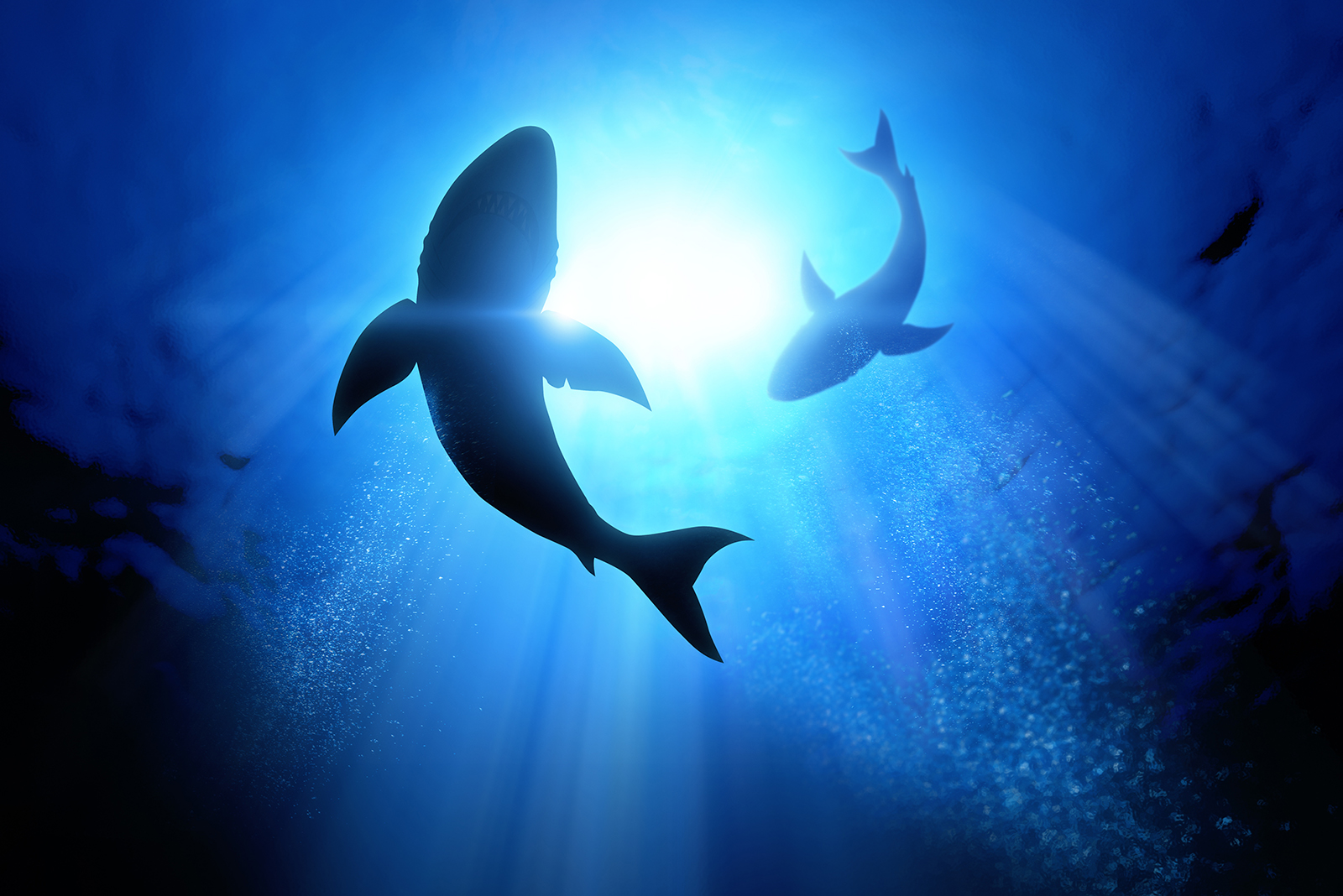
The belief that all sharks need to swim constantly to stay alive is based on a partial truth – but it doesn’t apply to every species. Some sharks, such as great whites and makos, do indeed rely on a process called ram ventilation!
This means they must swim forward to push oxygenated water over their gills. However, many other species have evolved a different technique called buccal pumping, where they can actively draw water into their mouths without swimming.
Bottom-dwelling species like nurse sharks, angel sharks, and wobbegongs are masters of this technique! They can rest motionless for extended periods on the seafloor while still breathing.
Some sharks even have spiracles, small openings near their eyes that help draw in water while stationary. To summarize, while it’s true that some pelagic species need constant movement, many sharks have adapted perfectly for a more stationary lifestyle, especially those living closer to the ocean floor!
4. Sharks Have Unlimited Rows Of Teeth
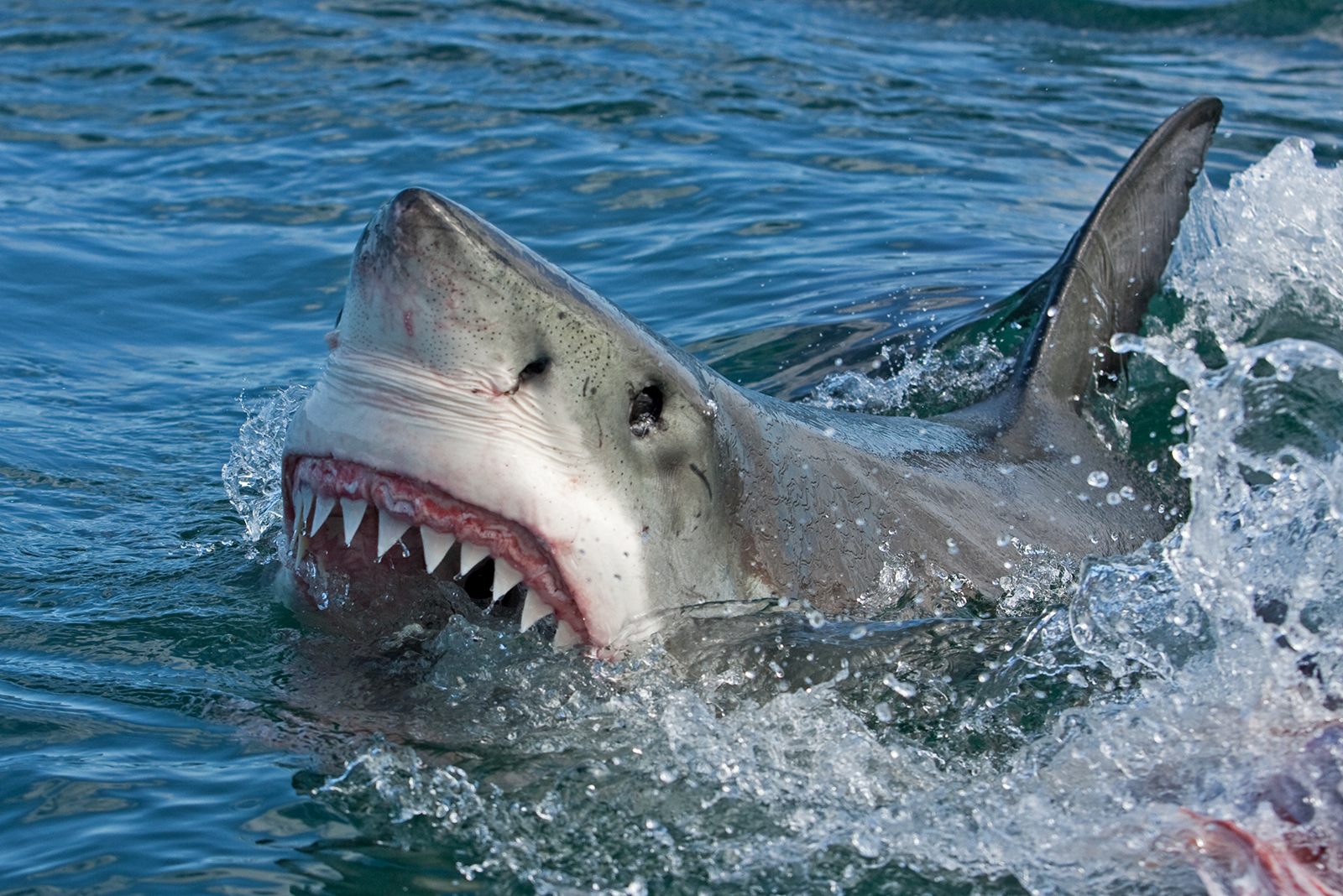
It may be true that sharks have multiple rows of teeth and can lose thousands over their lifetime, but the idea that they have an infinite supply? Quite a common misconception!
Sharks rely on a continuous tooth regeneration process that ensures they can replace damaged or lost teeth throughout their lives, but it isn’t limitless, duh! Different species have varying rates of tooth loss and regeneration. For example, tiger sharks can shed a tooth every few days, while smaller species might replace teeth more gradually.
This dental adaptation makes them highly efficient hunters, as sharp teeth are essential for grabbing slippery prey. However, their tooth production is still bound by biological limits!
Then there’s this bit of information: as sharks age, their rate of tooth regeneration can slow down, and wear on their jaws can affect tooth health. Still, this natural replacement cycle gives sharks a major advantage!
5. Sharks Are Mindless Hunting Machines
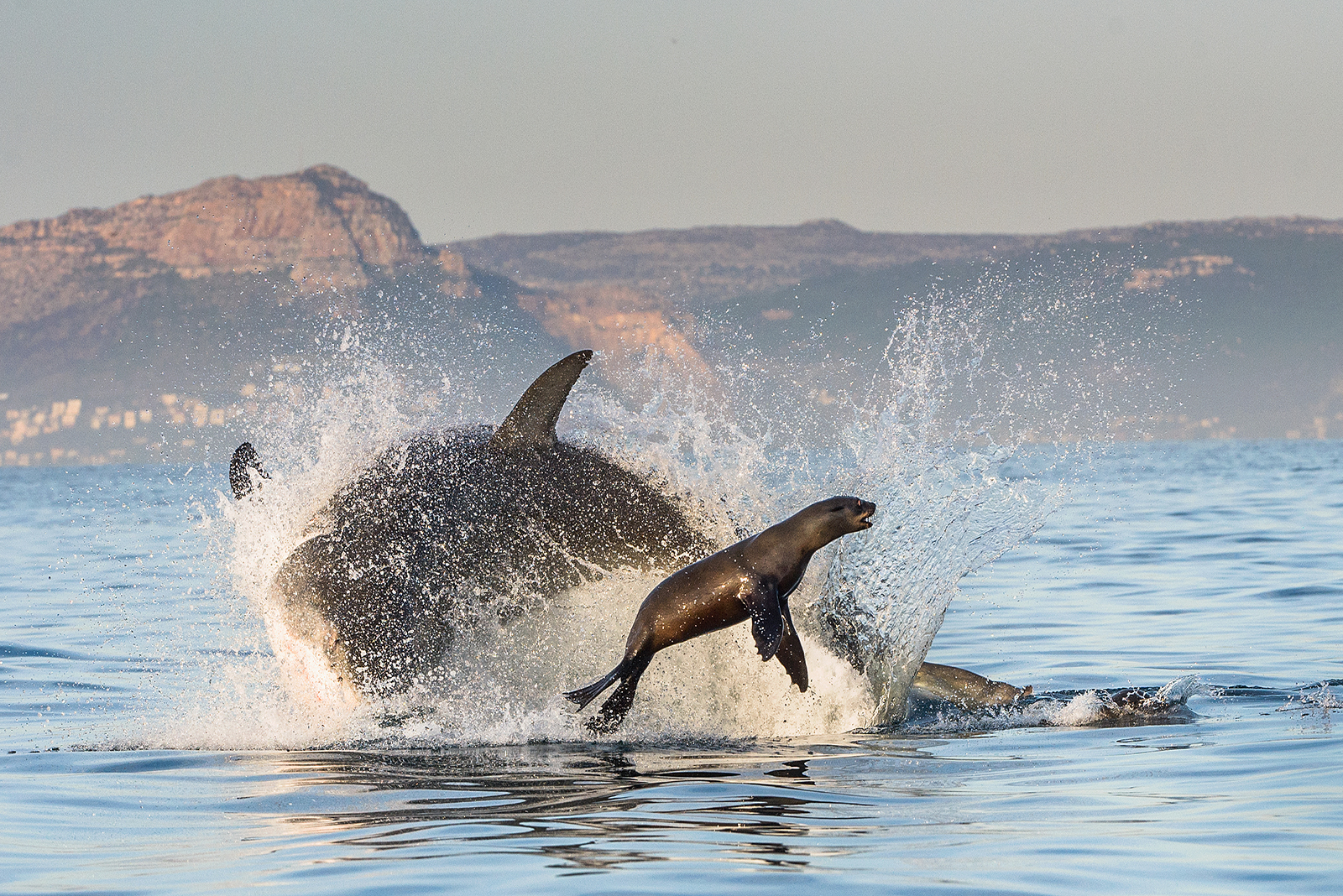
The idea of sharks as mindless predators driven solely by instinct is outdated and misleading. In reality, sharks are highly evolved creatures with impressive cognitive abilities! Super smarties!
Far from being simple killing machines, they possess complex sensory systems, including the ability to detect electrical impulses in prey through specialized organs called ampullae of Lorenzini.
Some shark species, like great whites, have been observed using sophisticated hunting strategies, such as circling prey to assess vulnerabilities before striking. Lemon sharks have even demonstrated social learning, where they can observe and adapt based on the behaviors of other sharks!
Studies have also shown that sharks can remember patterns, solve puzzles, and make decisions, especially when it comes to migration routes. If that isn’t absolutely impressive, then I don’t know what is!
These behaviors point to a level of intelligence necessary for survival in the dynamic and competitive ocean environment. Sharks are far removed from the mindless monsters often portrayed in the media. Don’t forget it!
6. Sharks Are Only Found In Deep Oceans
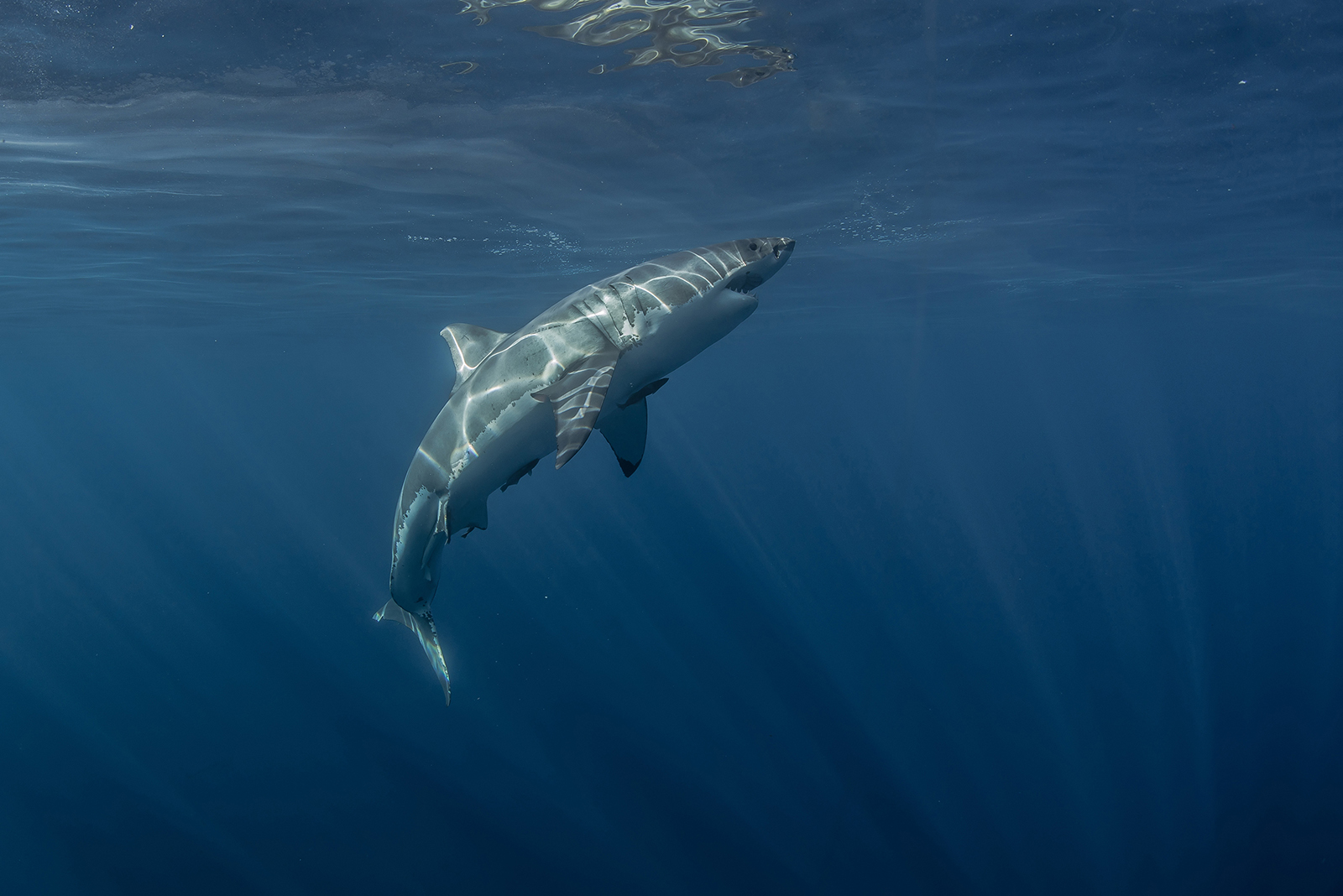
Sharks are much more versatile than we tend to believe and can thrive in a variety of environments beyond the deep ocean! While species like the Greenland shark prefer the icy depths, many sharks are found in shallow coastal waters, coral reefs, and even brackish or freshwater habitats.
Bull sharks, for example, are capable of swimming upriver and have been found as far as the Mississippi River and the Amazon! Some smaller species, such as the epaulette shark, are known to survive in tidal pools where water levels drop dramatically.
Their ability to adapt to such a wide range of habitats shows something they should totally brag about: their evolutionary resilience!
7. Sharks Are Ancient Creatures That Haven’t Changed
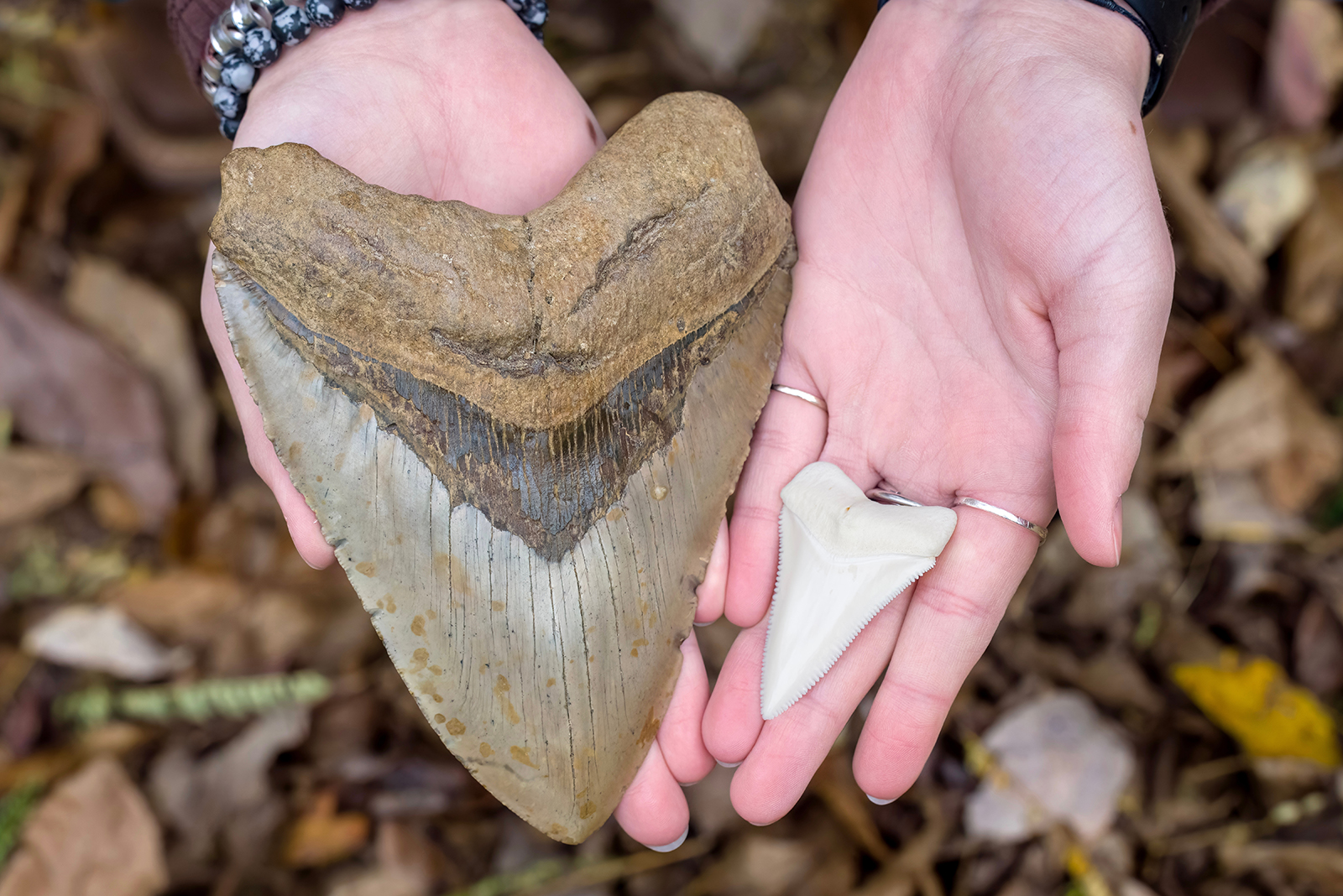
It’s true that sharks have existed for hundreds of millions of years, but the belief that they’ve remained unchanged since prehistoric times is far from accurate.
True, their lineage dates back over 400 million years, but sharks have continuously adapted and evolved to survive in diverse marine environments! Let’s give them credit for it!
Ancient species like the megalodon were vastly different from modern sharks, which have developed specialized features to match their specific ecological niches. Today, sharks display remarkable diversity, as we discussed earlier. But let’s dive deeper.
The hammerhead shark, for instance, evolved its uniquely shaped head not just for aesthetics but to enhance sensory perception! How? By spreading out its electroreceptive organs, which allows them to better detect prey hidden beneath the sand.
Similarly, the cookiecutter shark has developed a bizarre but effective feeding method where it latches onto larger animals and removes circular plugs of flesh using its specialized teeth! Creepy!
So, all in all, sharks’ body shapes, teeth structures, and hunting strategies have continually adapted to meet the challenges of their evolving environments. Far from being stuck in time, modern sharks are an evolutionary success story!
8. Sharks Attack Boats Frequently
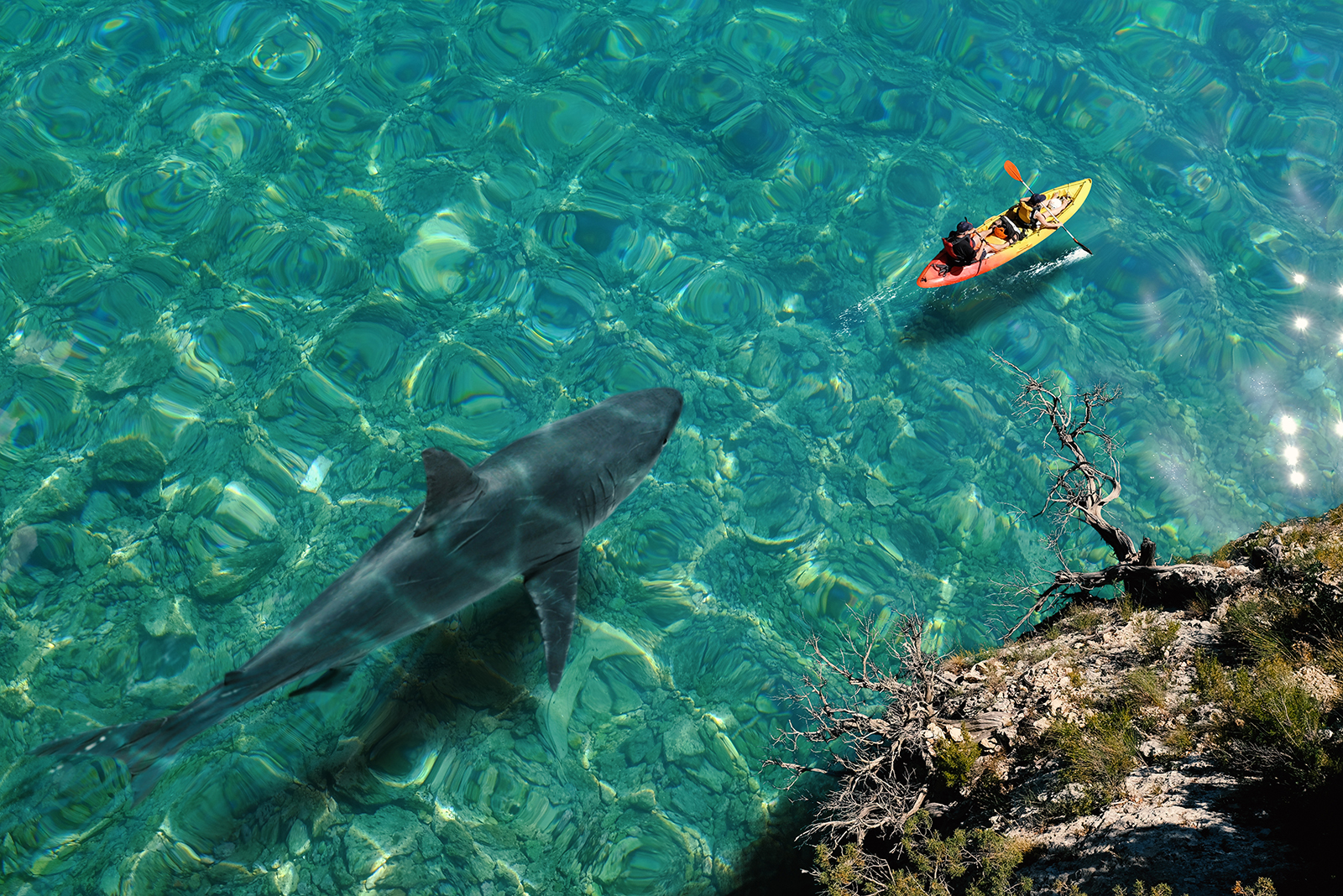
Hollywood has a tendency to exaggerate shark behavior, especially when it comes to sharks attacking boats. We get it – the idea of a shark deliberately ramming or sinking a vessel makes for thrilling cinema, it is not based in reality.
Sharks are naturally curious animals, and occasional boat bumping can happen, especially when sharks investigate their surroundings. However, genuine boat attacks are exceedingly rare and almost always occur due to mistaken identity.
For example, a shark may be drawn to vibrations caused by a boat’s motor, mistaking it for struggling prey. More commonly, boats with bait, fish remains, or blood in the water may attract sharks due to the scent rather than any aggressive intention! It makes sense, doesn’t it?
The vast majority of shark encounters with boats are non-violent, with sharks either losing interest quickly or simply swimming past. The myth of boat-attacking sharks has likely persisted due to exaggerated media portrayals rather than factual accounts from the wild! Stay informed, people!
9. Sharks Are Invincible Apex Predators
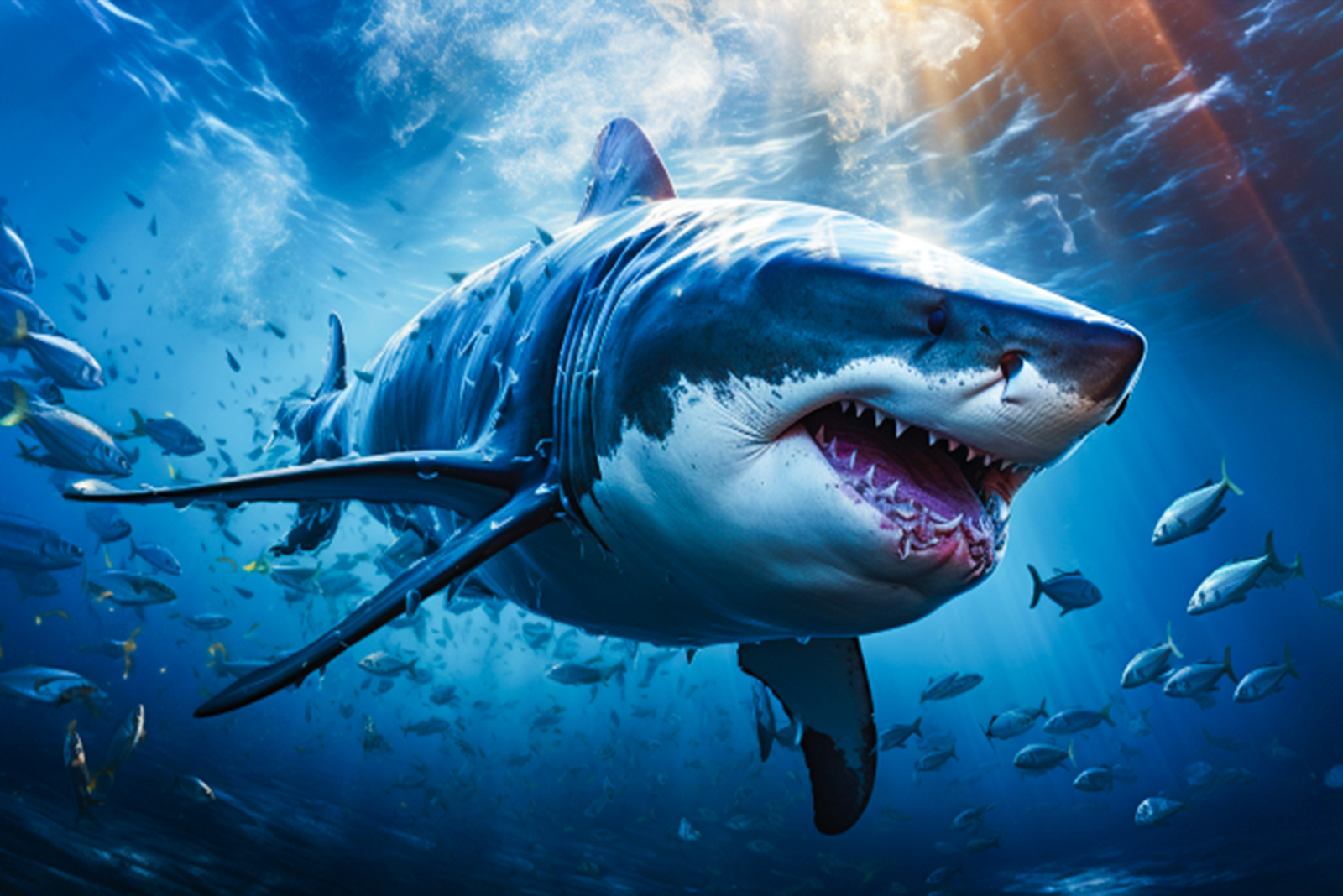
While sharks are often portrayed as unstoppable apex predators ruling the oceans, they are far from invincible. Many shark species are extremely vulnerable to human activities.
Overfishing (for shark fins) has ruined populations of species like the scalloped hammerhead and oceanic whitetip shark. Bycatch, where sharks are unintentionally caught in fishing nets, also contributes significantly to their decline!
The thing is, sharks are slow to reproduce compared to other fish, with some species taking years to reach maturity and producing relatively few offspring. This slow reproductive cycle makes them especially vulnerable to population collapse.
Without sharks, entire marine ecosystems suffer! Their regulating of prey populations and maintaining biodiversity is undeniably important. The reality is that sharks need protection now more than ever!
10. Removing Sharks From The Ocean Would Make It Safer For Humans
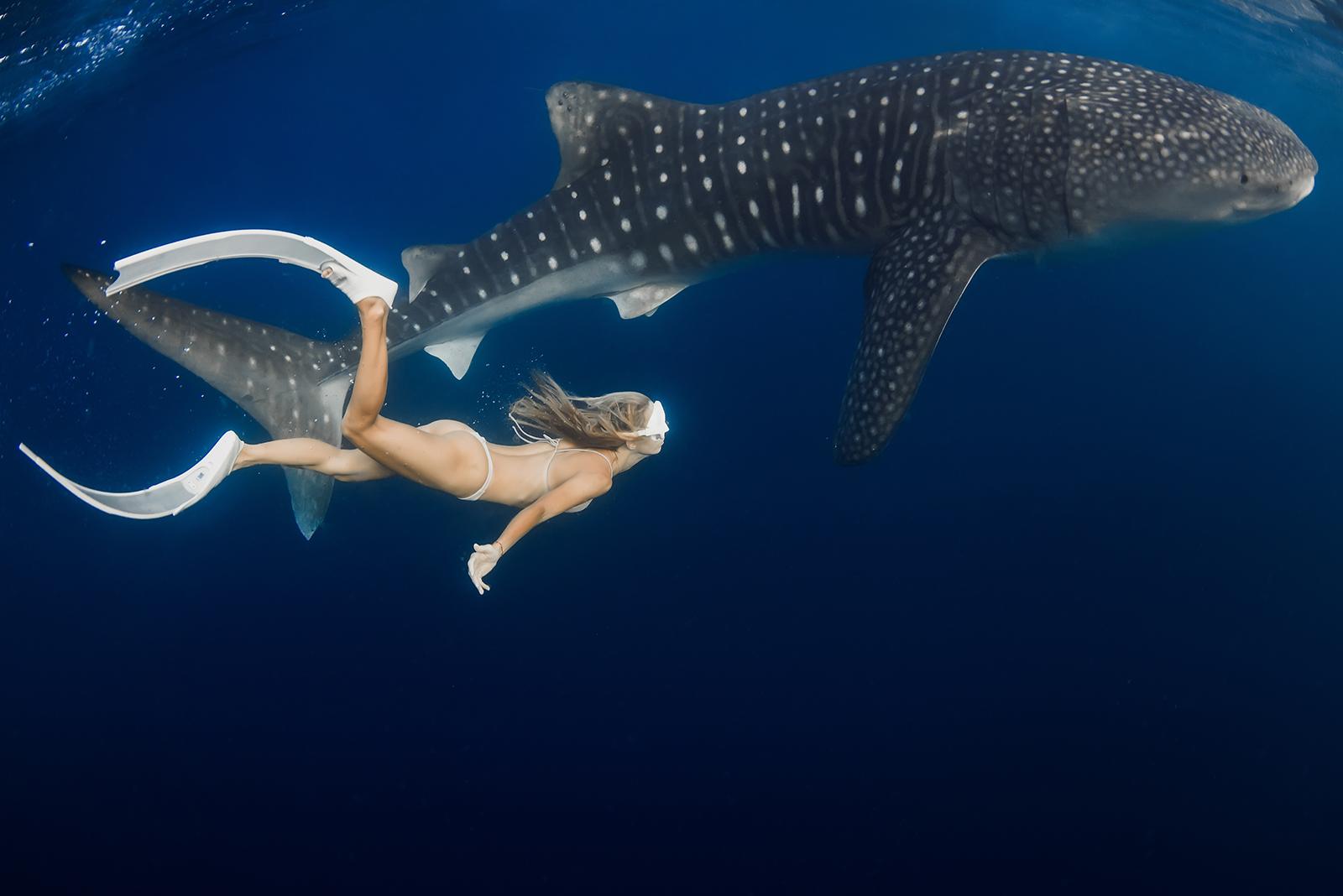
Eliminating sharks from the ocean would trigger huge ecological consequences! It would cause ripple effects throughout the entire marine ecosystem!
As apex predators, sharks make sure that fish populations don’t cause trouble! By keeping prey in check, sharks prevent overgrazing on seagrass beds and coral reefs! They’re basically the cops of the oceans! The absence of our finned friends would lead to a chain reaction where fish populations could deplete smaller species and vegetation!
Coral reefs rely on this balance to stay healthy. Without sharks, algae-eating fish populations could diminish, causing coral smothering and eventual reef collapse. Trust me, nobody would want that. It’d be so bad it would affect humans too!
How? Well, the decline of sharks would disrupt fisheries, harming coastal economies that depend on balanced marine populations for sustainable fishing practices. Healthy oceans need sharks – not just for biodiversity but for the health of entire aquatic food webs and the communities that rely on them!

